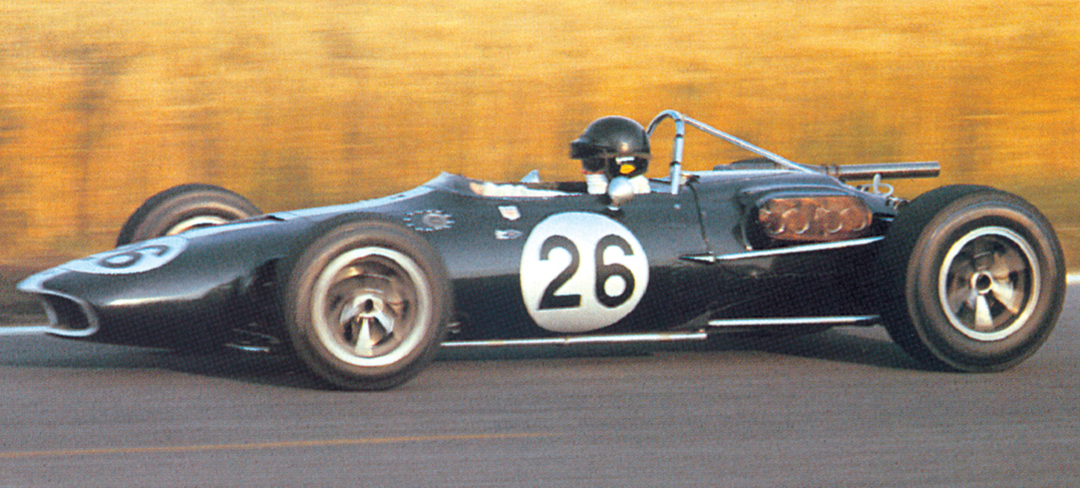After some fifty years of automotive racing, the Grand Prix Formula or Formula One was formed by the FIA (Federation Internationale de L’Automobile) in 1950 with its first race, the British Grand Prix at Silverstone. This was to be the first world driver’s championship, in the world’s most technically advanced single-seater racing cars. In 1958, the world constructor’s championship was added. Now one would at last know who the best driver in the world was, as well as which manufacturers had constructed the best racing car. FISA was Formula One’s administrative body, which saw that everyone played by the ever-changing rules. In this guide, I am going to cover the period 1966-1983 for cars built to a 500kg to 585kg weight minimum, and powered by 3.0-liter normally aspirated engines.
Formula One started from very humble beginnings. Teams were comprised of a group of talented people working out of small garages, trying to find the money to go racing. This time includes numerous great inventions, such as the 3.0-liter Cosworth DFV engine, the slick racing tire, aerodynamic aides from simple wings to full ground effects. The period also marked the beginnings of the English racing car manufacturers who relied heavily on Cosworth engines and Hewland gearboxes. World championship drivers include Brabham, Hulme, Hill, Stewart, Rindt, Fittpaldi, Lauda, Hunt, Andretti, Scheckter, Jones, Piquet and Rosberg.
No Subscription? You’re missing out
Get immediate ad-free access to all our premium content.
Get Started



